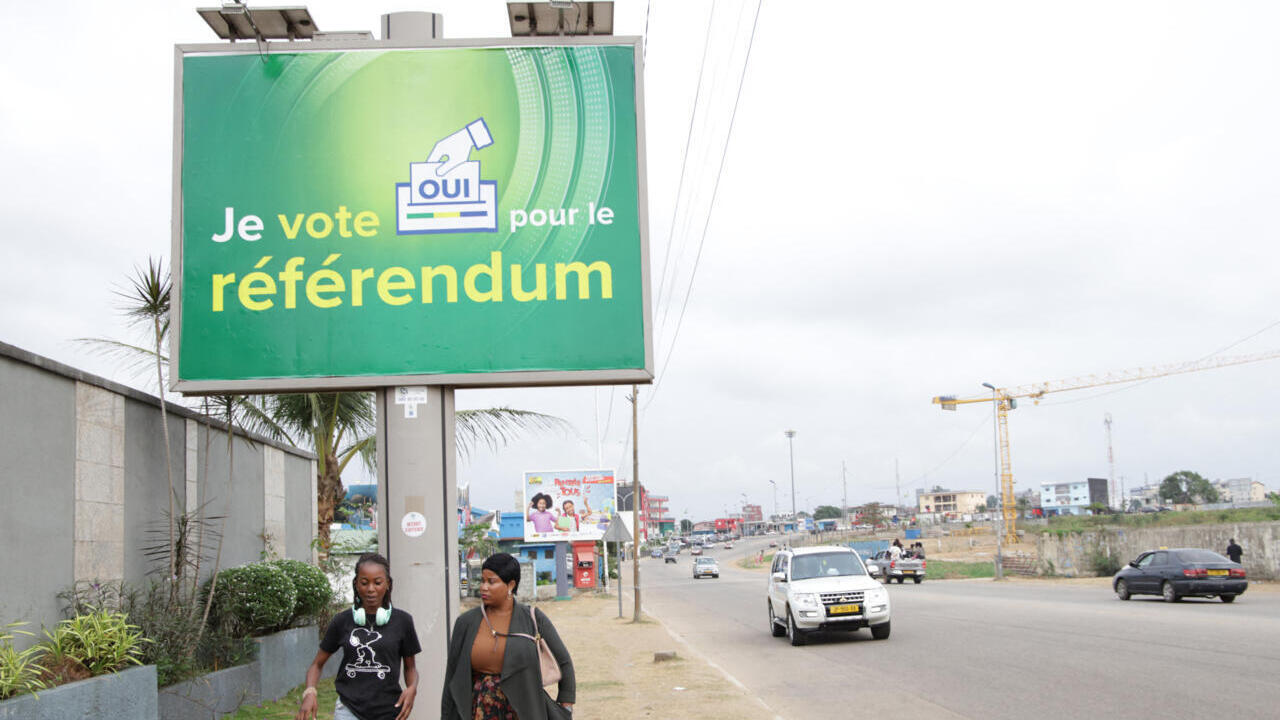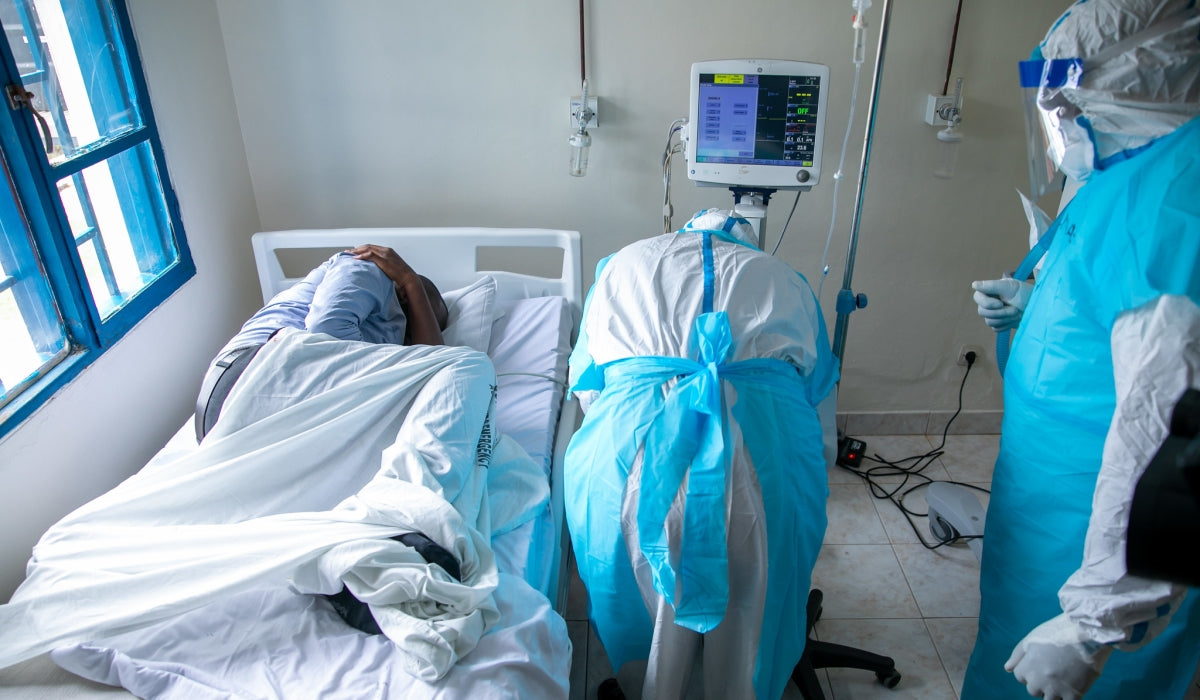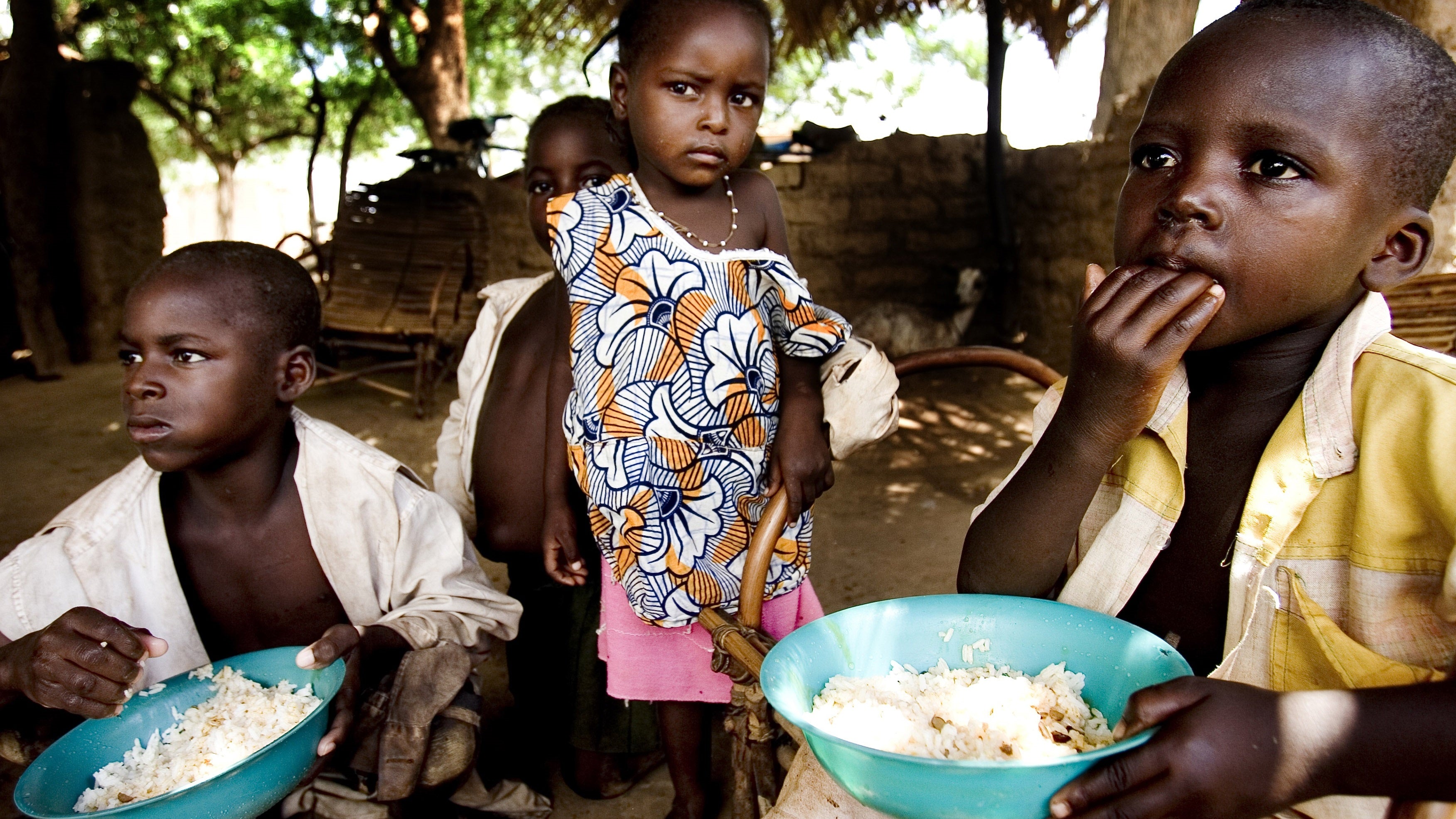
Referendum in Gabon: vote without knowing the text?
Gabon is about to experience a crucial moment in its political history on November 16: a referendum on a new Constitution. However, a major question looms over the process: Gabonese people will vote on a text that they still do not know. This draft Constitution, supposed to mark a new era after the post-coup political transition, is at the center of all the controversies, particularly because of some of its controversial provisions.
An opaque Constitution?
A month before the vote, the final text remains largely unknown to the public. While large posters for the "Yes" vote are springing up all over the country, one question remains: "yes" to what?
Certainly, the broad outlines have been discussed within the government and in certain political circles, but the population, who will be called upon to decide, has not had access to the complete document. This raises a legitimate concern: how can one make an informed decision on a text that is so fundamental for the future of the country without having fully understood it?
This opacity is all the more worrying since some parts of the text that had been leaked, notably Article 53 , have already provoked an outcry. This article stipulates very strict eligibility criteria for the presidency of the Republic, reserving this position only for Gabonese born to two Gabonese parents and married to Gabonese women with Gabonese grandparents. This point was deemed discriminatory, particularly with regard to dual nationals or members of the diaspora, who feel excluded from the democratic process.
The uproar over Article 53
Article 53 had become a symbol of the rejection of this new Constitution by a section of the Gabonese people. This clause, which also imposes an age limit of between 35 and 70 years for presidential candidates, is perceived by many as an exclusionary measure. It not only limits access to young leaders, but also excludes candidates with dual nationality, who are often very involved in the life of the country despite their expatriation.
Behind these restrictions it appears very clear that Brice Oligui simply wanted to exclude his potential competitors from the game, by integrating criteria which clearly exclude certain personalities who could take the coveted position from him.
Beyond these eligibility criteria, it is the entire process that is criticized. The population is being asked to validate a project that it has not had the opportunity to study, and which, in the past, has shown worrying aspects, in particular a strengthening of the powers of the president and a reduction of counter-powers, such as justice or parliament.
An electoral masquerade?
Some are calling this referendum a farce. Indeed, how can we talk about democratic consultation if citizens do not have access to the information necessary for an informed choice? The organization of last-minute awareness campaigns seems more of a cosmetic gesture than a real effort at inclusivity. Civil society and some political leaders continue to denounce a biased process, which serves more to consolidate the power in place than to restore a true democracy.
In short, with less than a month to go before the vote, the Gabonese people are plunged into uncertainty and risk voting for or against a text that will shape the future of their country without really knowing its implications. A situation that casts a shadow over the legitimacy of this referendum and the authorities' real desire to promote transparent and inclusive governance.



Leave a comment
This site is protected by hCaptcha and the hCaptcha Privacy Policy and Terms of Service apply.